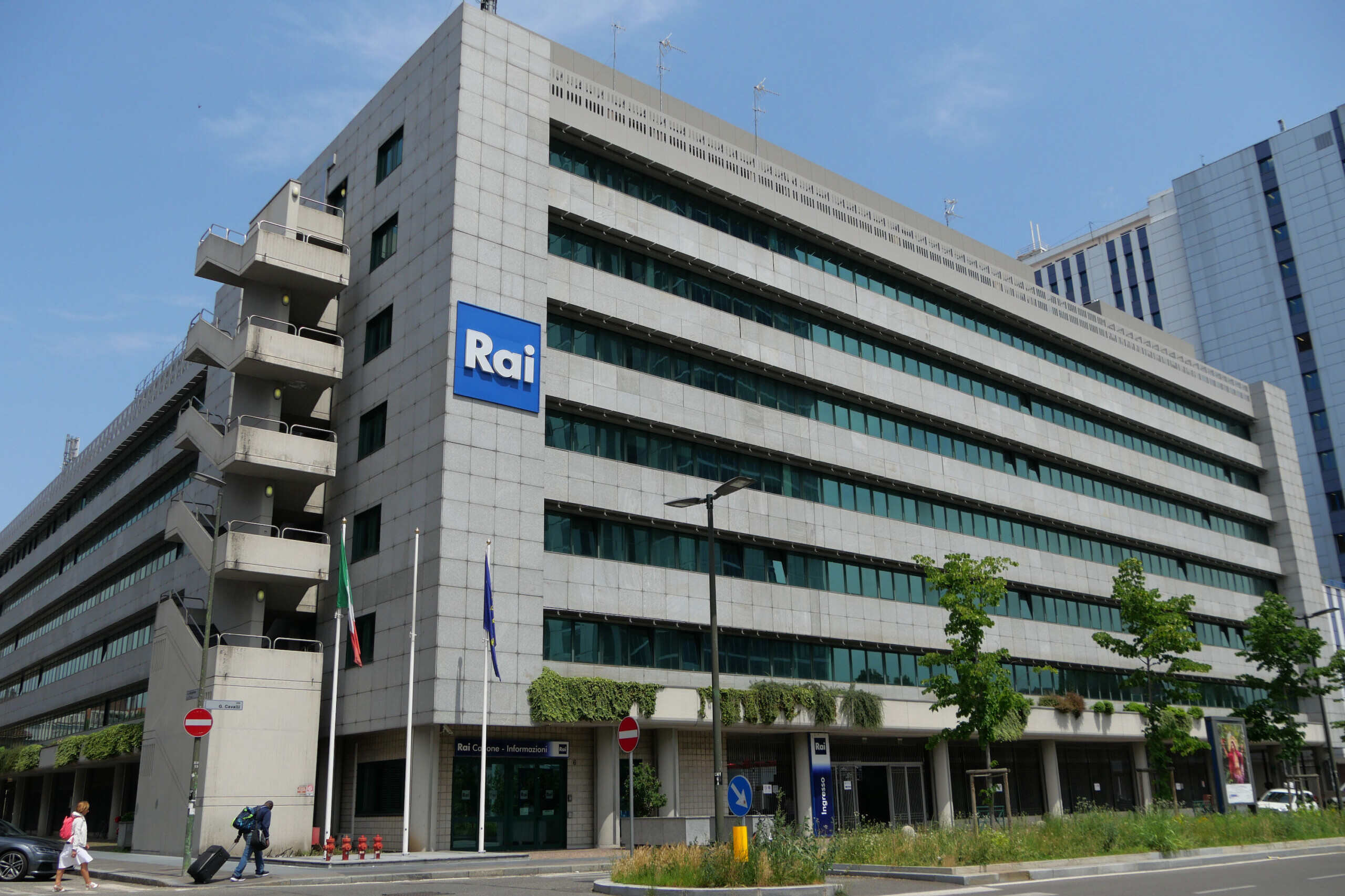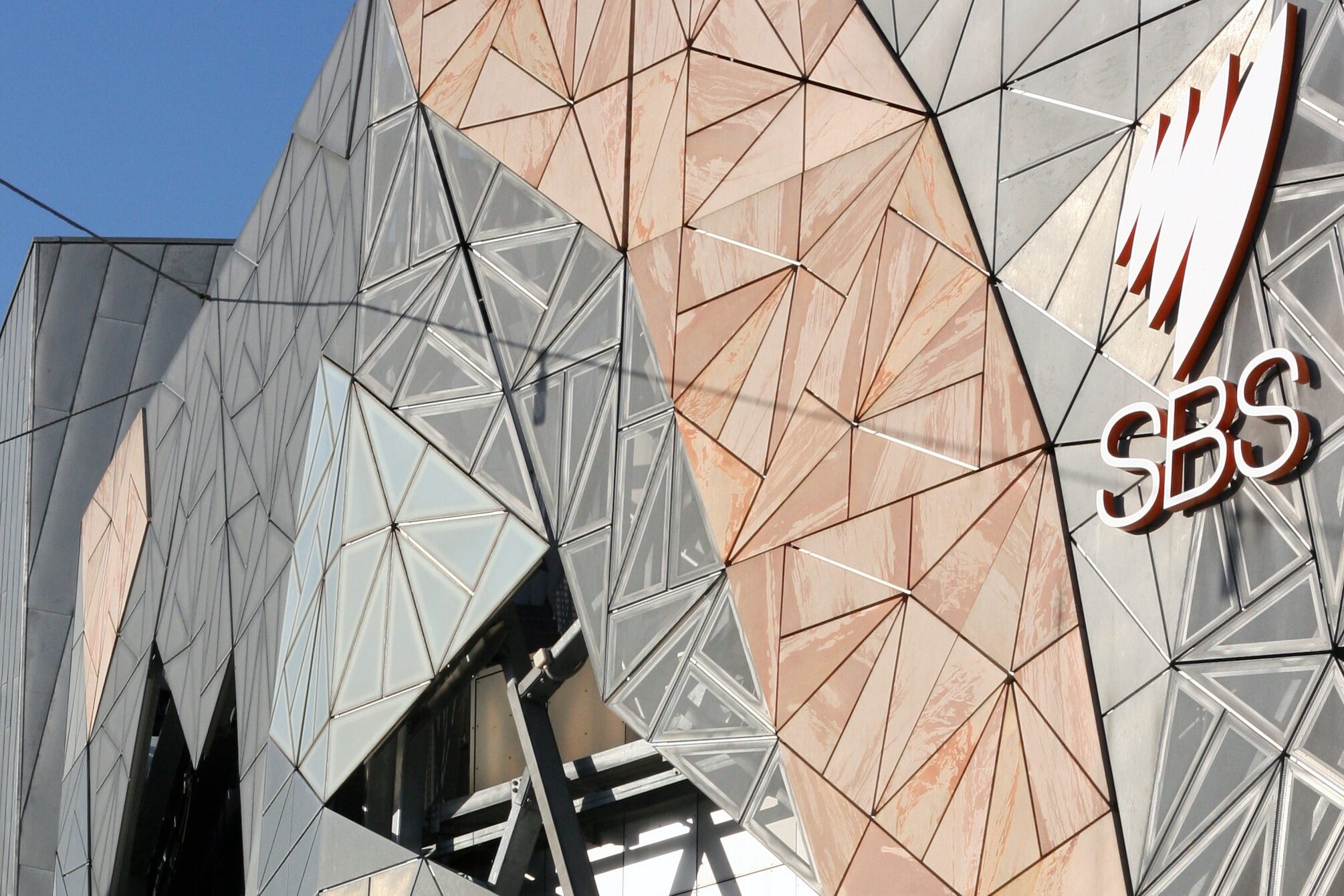The PMA Briefing
Blackouts, reforms, and a streaming levy
4 November 2025
The protracted process to reform public media in Germany has cleared one of its largest hurdles, while Australia has announced that global streamers will have to invest in Australia-made content. Also, financial difficulties see a TV blackout in Uganda, the fallout from cuts to US public media continue, and RTVC Colombia wades into a diplomatic spat.
Germany: Broadcasting reform treaty clears a crucial hurdle
By Dagmar Skopalik
The parliament in the German state of Saxony has passed a treaty that would reform public broadcasting, clearing one of the biggest obstacles to the reorganisation of German public media after years of negotiation.
In Germany, it is not the federal government but the 16 states that are responsible for media policy. As such, each state parliament needs to approve the treaty. The vote in the Saxon state parliament was considered one of the biggest hurdles to adopting the Broadcasting Reform State Treaty. With the ruling CDU and SPD coalition lacking an outright majority, its passage was dependent on opposition votes. In the end, the bill was approved by 61 votes to 56.
According to the policy, this reform treaty is intended to make PSM leaner, more modern and more digital, while reducing costs. To this end, ARD and ZDF will be required to dismantle duplicate structures, reduce the number of radio and television offerings or move them online, and create a joint platform on which third parties can also network their offerings.
Critics, on the other hand, argue this treaty does not reform PSM, but rather restricts its scope for action. The diversity of its offerings will be significantly reduced. Added to this is the ban on ‘press-like’ texts in the broadcasters’ online offerings. The reform treaty does not make public service media future-proof, but rather weakens its position in the media landscape, they conclude.
The minister presidents agreed on the treaty in October 2024 and signed it in March this year. The state parliaments then had to ratify it, as it is the 16 federal states that are responsible for media policy, and each are governed by different coalitions.
The treaty is expected to come into force on 1 December 2025. Approval by the remaining state parliaments in Lower Saxony, North Rhine-Westphalia and Brandenburg is assumed.
The financing of PSM was also to be reorganised this year. But since a planned increase in the household levy at the beginning of the year was rejected by three prime ministers – where unanimity is required – it was decided to freeze the fee for two years. ARD and ZDF subsequently lodged a complaint with the Federal Constitutional Court, but a ruling is not expected until 2026. Bavaria and Saxony do not intend to continue discussions on financing reform until after the ruling.
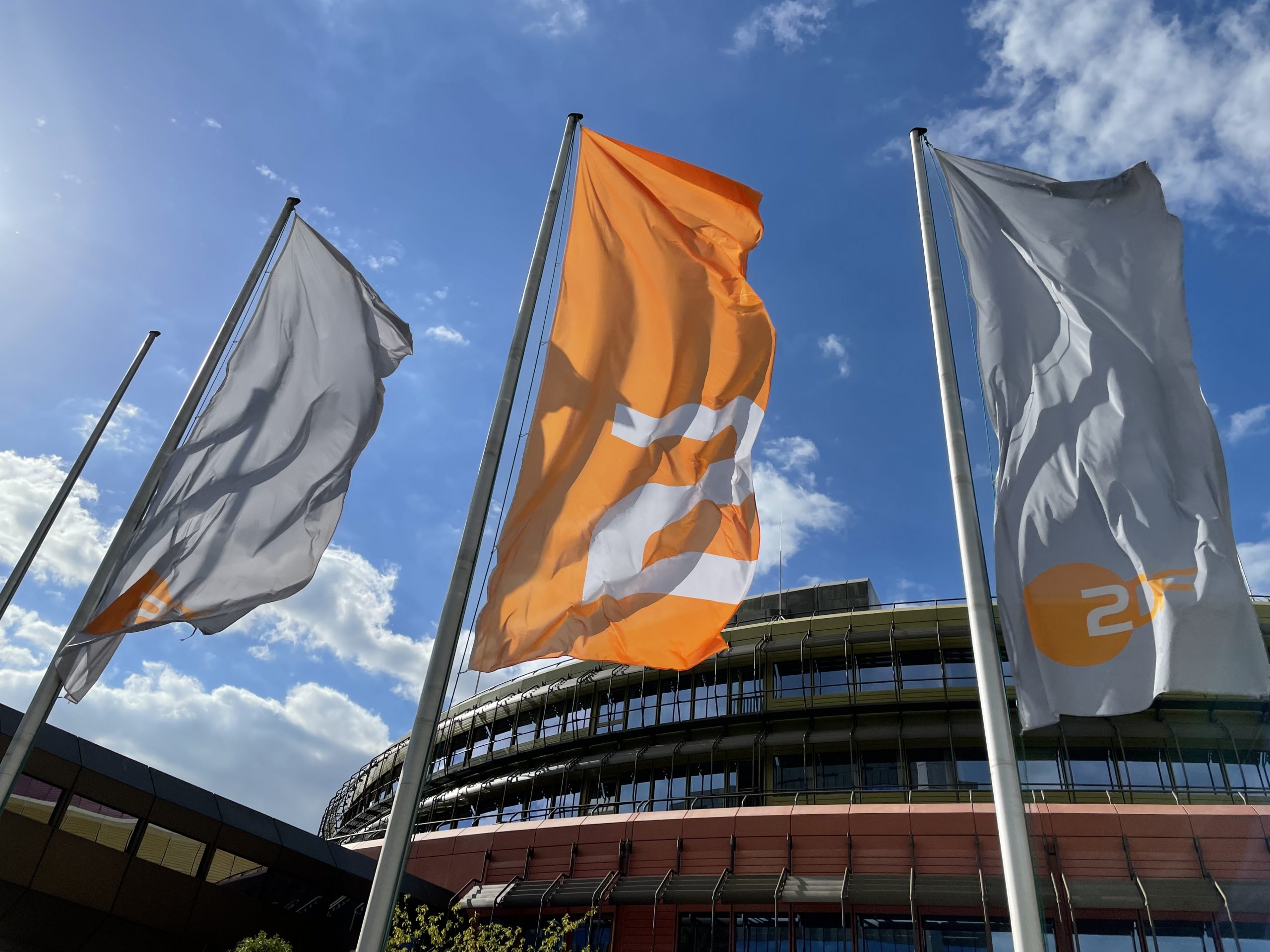
Australia: Streamers mandated to pay for local content
Streaming services in Australia will be required to spend a certain share of their revenue on local productions, under new legislation to be introduced to parliament this week in an effort to level the playing field between multinational streamers and local broadcasters. It follows similar legislation passed in Canada last year.
The new laws will require platforms with more than 1 million subscribers, such as Netflix, Disney+ and Amazon, to spend either 10 per cent of local expenditure, or 7.5 per cent of their Australian revenue, on locally made drama, documentary, arts, education and children’s programs.
The quota would mean Netflix, one of the largest services, would have to spend A$100m a year making or buying Australian programmes, according to the Australian Financial Review.
The idea had been postponed last year over concerns about how they would affect Australia’s trade agreement with the United States. Arts minister Tony Burke said free-to-air and pay television were required to produce Australian content, but streaming services were under no such obligation.
“We want to make sure no matter which platform people are watching, Australian stories are part of their experience,” he said.
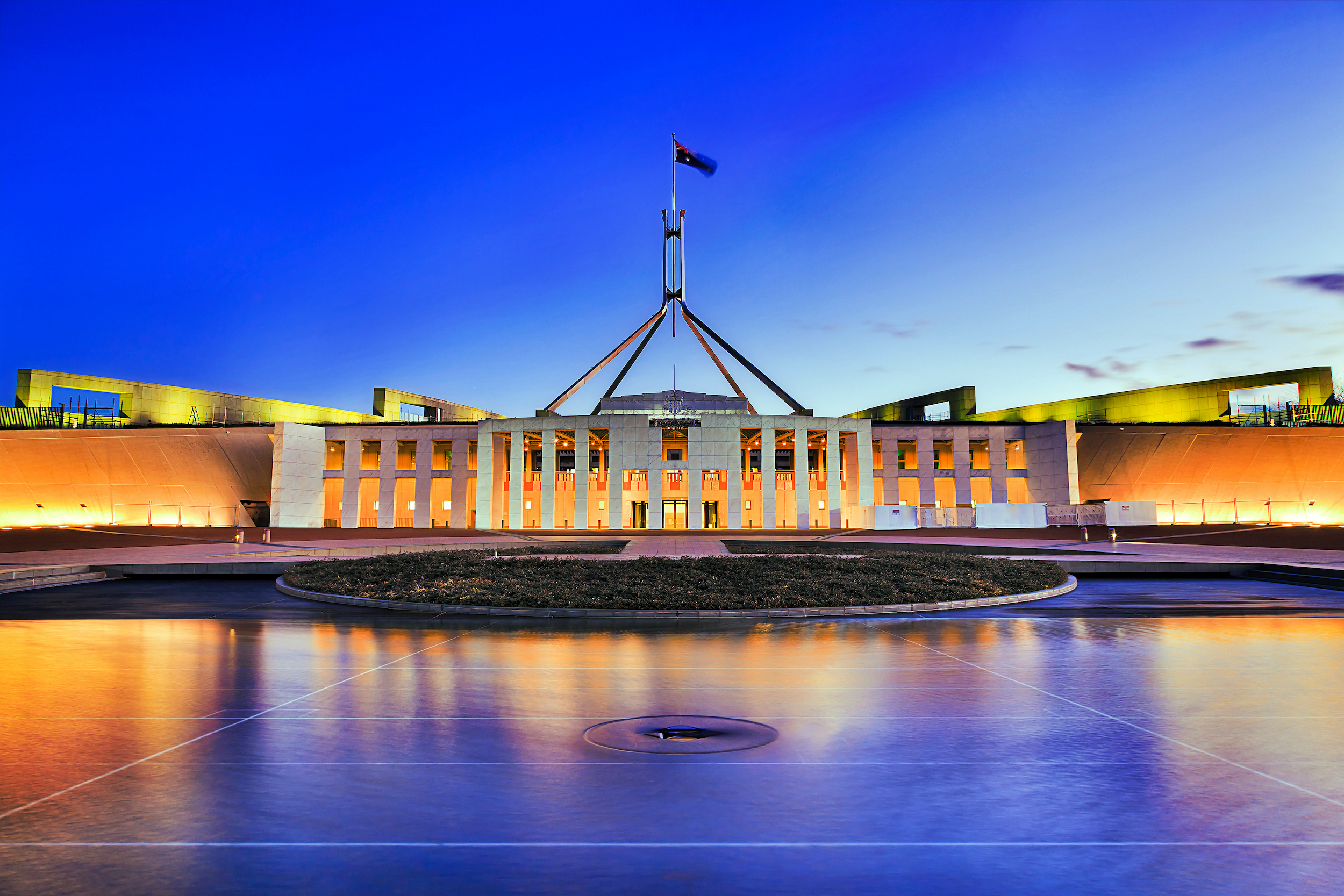
Uganda: Financial crisis sees month-long TV blackout
Free-to-air television stations in Uganda have been off air for nearly a month amid a crippling financial shortage at the national broadcaster, the Uganda Broadcasting Corporation (UBC), and its affiliate, Signet Uganda, which handles the distribution of all free-to-air signals.
Signet’s failure means many viewers who cannot afford paid television have endured a prolonged media blackout.
The UBC’s efforts to restore service have been hampered by a cash squeeze that has led to unpaid taxes on critical equipment like transmitters and spare parts, which are now being held in the city of Entebbe.
Managing director Winston Agba has not pushed for a government bailout, due to reports that the Uganda Revenue Authority has previously treated the national broadcaster aggressively over tax arrears.
“There was a time when URA came with seals, saying: ‘UBC, we are going to close you’. I raised arguments about this being a government institution, but was told that they had targets and were starting with us who were soft targets”, said Agba.
The UBC, which also runs 11 radio stations, has long faced financial woes. The 2005 UBC Act, which established a television tax that never became operational, created a large debt estimated at nearly 30 billion Ugandan shillings, including 7 billion to the URA and 3 billion in unpaid electricity bills to the Uganda Electricity Distribution Company.

US: Public media rollercoaster ploughs on
Public media in the US continues to experience a rollercoaster year, with the international media outlet Radio Free Asia announcing its newsroom was ‘on pause’.
“Due to uncertain funding, Radio Free Asia is not delivering news to our audiences for the first time in our history,” executive editor Rosa Hwang said.
It comes months after President Trump signed an executive order which revoked nearly all federal funding for the US Agency for Global Media (USAGM), the entity which funds broadcasters including RFA, VOA, RFE/RL and MBN. RFA had been using the courts to reclaim some of that funding. However, the newsroom’s closure was brought about by the ongoing Federal government shutdown. While its closure signifies another blow for US international public media and its audiences, Hwang promised it would not be the end: “Once our funding returns, so will we.”
It was also a decisive week for NPR and the Corporation for Public Broadcasting. NPR sued the nonprofit CPB, which had been responsible for distributing federal funding to local and national public media stations, over a breakdown in contract negotiations over the national radio satellite distribution system NPR operates. The contract had offered US$36 million for the next three years.
In its court filings, NPR alleged the CPB had bowed to White House pressure and the board tried to rework the contract so it could only be granted to an entity independent of NPR.
The CPB denied this. While a new five-year US$57 million contract was awarded to a consortium of different organisations called Public Media Infrastructure, the CPB argued this was due to “decades of studies by outside consultants” that pointed to the benefit of having “an independent entity that was more inclusive of the broad range of public media entities across the country”.
An initial ruling from a federal judge was issued on 30 October, ordering the CPB to set aside US$36 million awaiting the conclusion of the case. NPR said it was “a significant milestone in our case to protect First Amendment rights for the public media system,” adding that it took the action reluctantly.
“CPB has been a crucial institution for the public media system, and we regret that they have chosen to comply with the Trump Administration’s unconstitutional, retaliatory, and viewpoint-based pressure campaign, with direct and harmful consequences to NPR Member stations, the interconnected stations and the public media system.” A trial is set for 1 December.
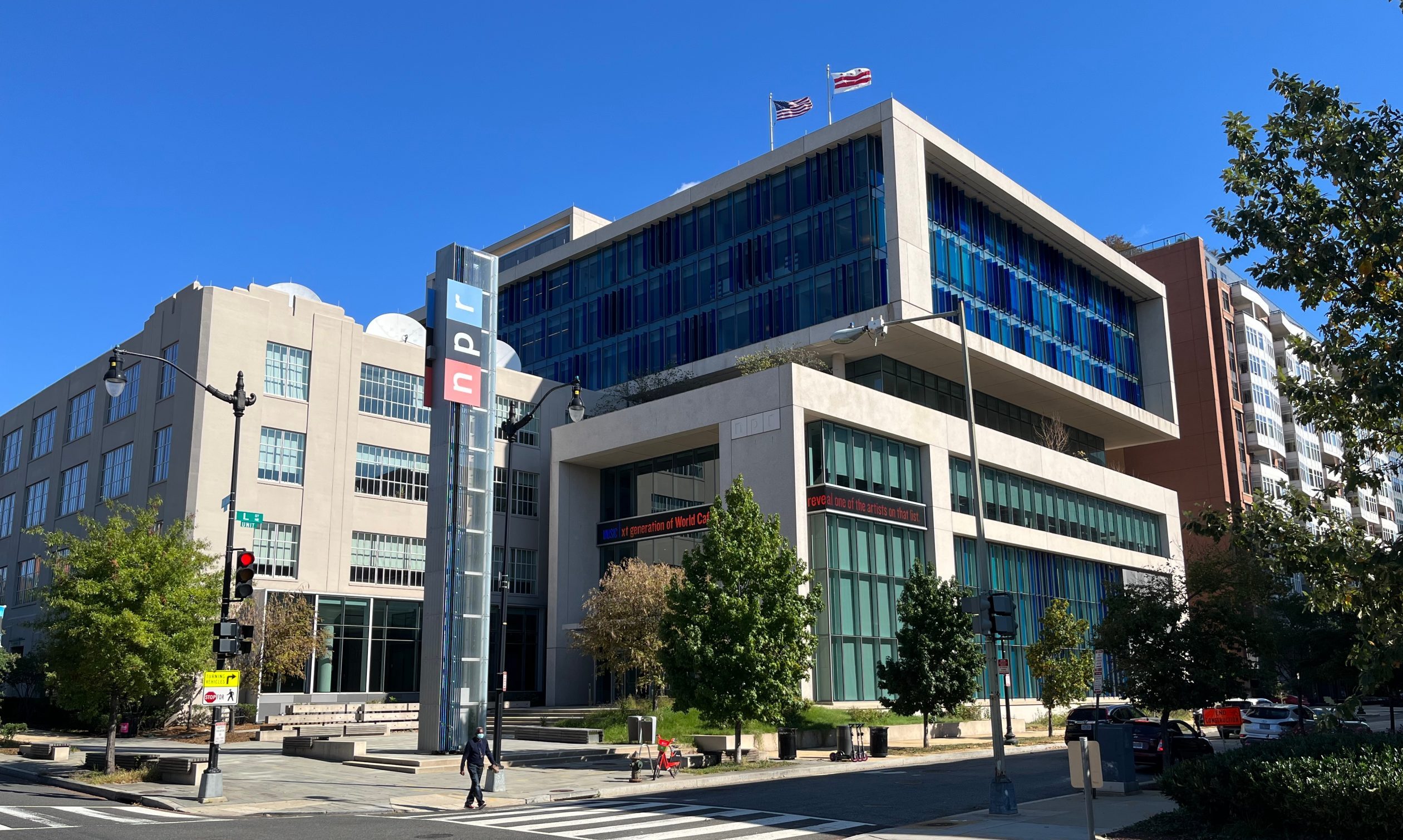
Poland: Major changes in the Broadcasting Act
The Polish government wants to abolish the broadcasting fee which funds public media, replacing it instead with direct state budget funding.
The proposal was part of a suite of measures in a draft bill introduced by culture minister Marta Cienkowska last week, aiming at “depoliticising” the public media system. They include new criteria for the appointment of public media authorities, the liquidation of the National Media Council, and limits on government advertising.
Instead of a licence fee, public broadcasters would be funded 2.5 billion złoty (€587 million) directly from the state budget.
The National Media Council, a state agency created in 2016 and whose legality and independence has been questioned, will be taken over by the National Broadcasting Council (KRRiT).
The opposition has criticised Cienkowska’s initiative, saying it would only further anchor the government’s power over public broadcasters. The bill still needs the endorsement of the Parliament and President Nawrocki.

Colombia: RTVC wades into diplomatic furore
The Colombian public broadcaster RTVC has waded into a diplomatic feud between US President Donald Trump and his Colombian counterpart Gustavo Petro over recent US military action in the Pacific Ocean and Caribbean Sea and other possible interventions in Latin America.
RTVC stepped into the fray, announcing that it will adapt its editorial line and news coverage to protect the dignity of Petro.
The public broadcaster justified the amendments as a necessary response to “foreign actions that threaten Colombia’s sovereignty and dignity”. The guidelines, it said, follow a series of criteria:
- RTVC will refrain from sharing statements harming the dignity and reputation of Colombia’s citizens and president.
- RTVC’s coverage will support diplomatic and peaceful solutions to the tensions between the two countries.
- RTVC will “not use the terms and characterisations given by United States officials regarding the actions and operations carried out in the Caribbean Sea and the Pacific Ocean.” They will instead use “humanitarian terms, of extrajudicial executions and human rights violations, since these actions are carried out outside the framework of international law, according to the United Nations and accredited organisations in this field.”
- RTVC will not normalise threats of foreign military interventions or attacks against Colombia’s leadership and national dignity.
A few days prior to RTVC’s statement, former finance minister José Manuel Restrepo warned the public broadcaster against becoming a ‘mouthpiece’ of the presidential palace. He stressed that public media “belongs to society, not to the government in power”.
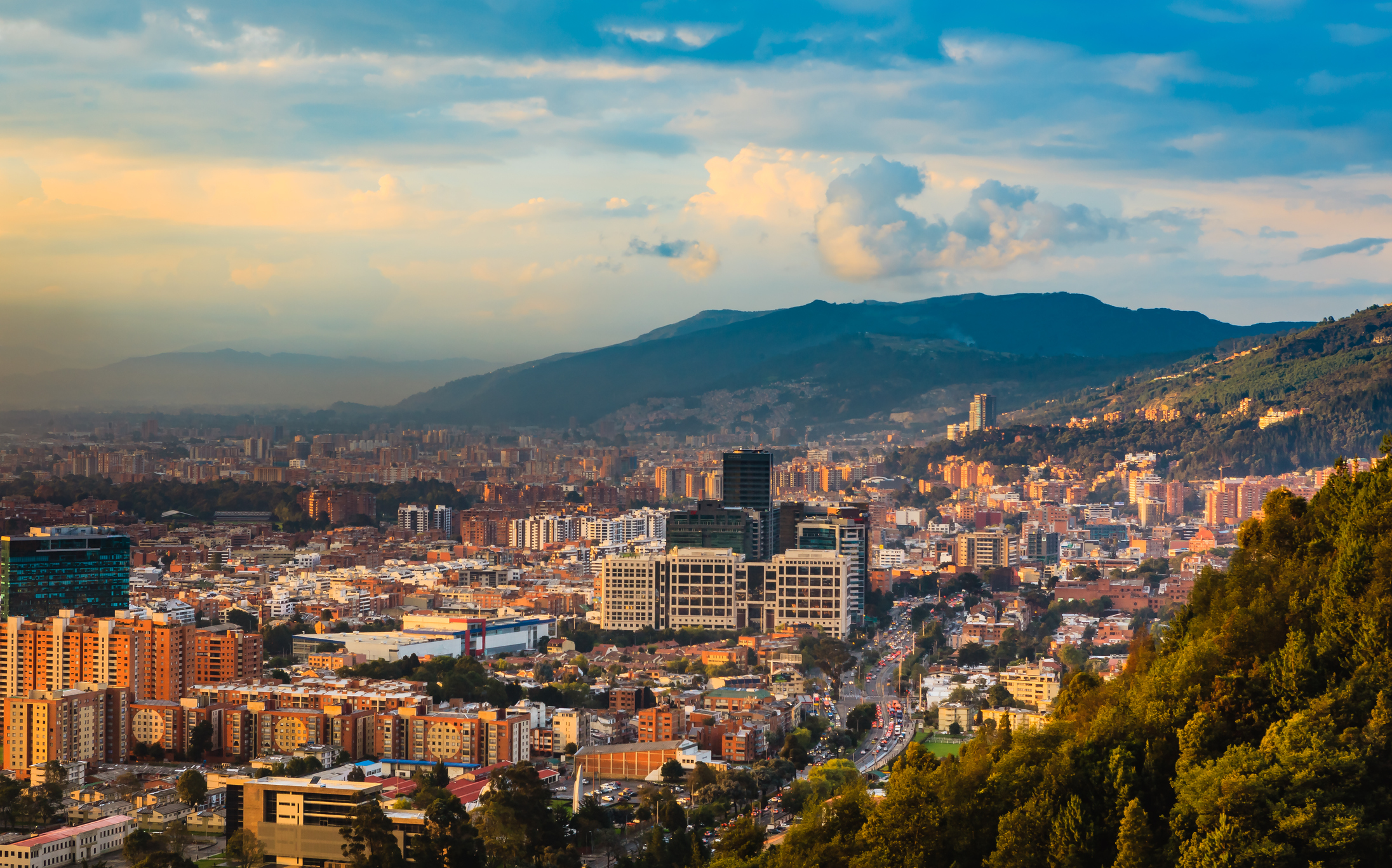
Ireland: Back from the brink: RTÉ records surplus
Ireland’s public broadcaster, RTÉ, saw its licence fee revenue drop by more than €4 million in 2024, according to its latest annual report, which also highlighted a €5m surplus made up from other sources of income.
Commercial revenue in 2024 was €158.1m, which represents a year-on-year increase of 4.9%, when compared to the 2023 figure of €150.7m.
This is the first annual report since the Irish government approved a new funding structure for the beleaguered broadcaster, as rates of licence fee avoidance skyrocketed. That new model included increased state investment in RTÉ.
Director general Kevin Backhurst said the surplus is likely to be repeated this year, which “demonstrate[s] RTÉ’s commitment to running the organisation in a financially responsible and sustainable way.”

Featured image: The ARD Studios Brussels. Credit: Charlotte Pion
Related Posts
28th October 2025
What will the future look like for public media? | The PMA Briefing
As CBC/Radio-Canada unveils its new…
14th October 2025
Public media fronting up to delicate issues | The PMA Briefing
SBS defends its editorial policy; KBS…
8th October 2025
Confusion and complications for public media | The PMA Briefing
Confusion at VOA and trust in the media…
30th September 2025
Big decisions ahead for public media | The PMA Briefing
EBU members vote on Israel's Eurovision…

